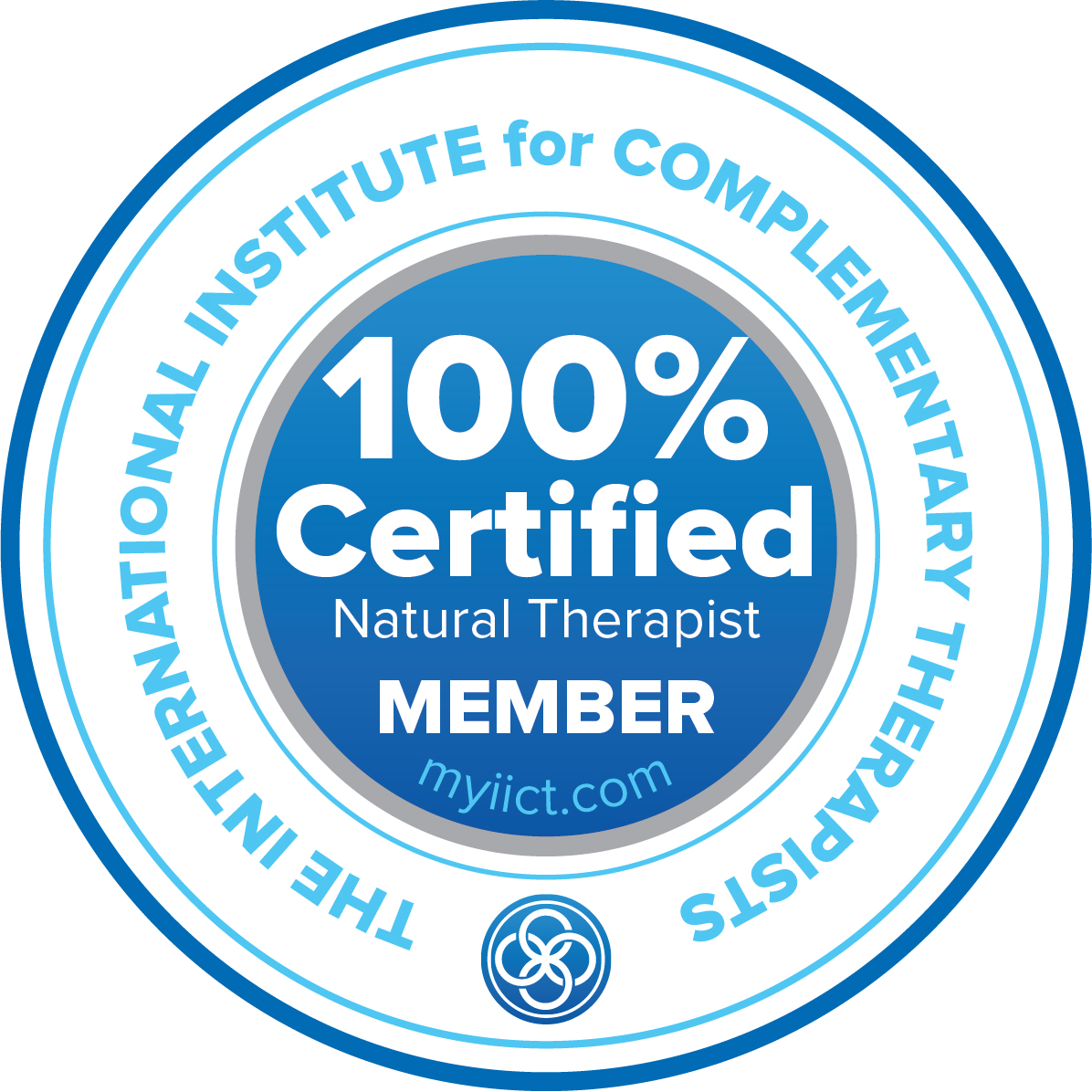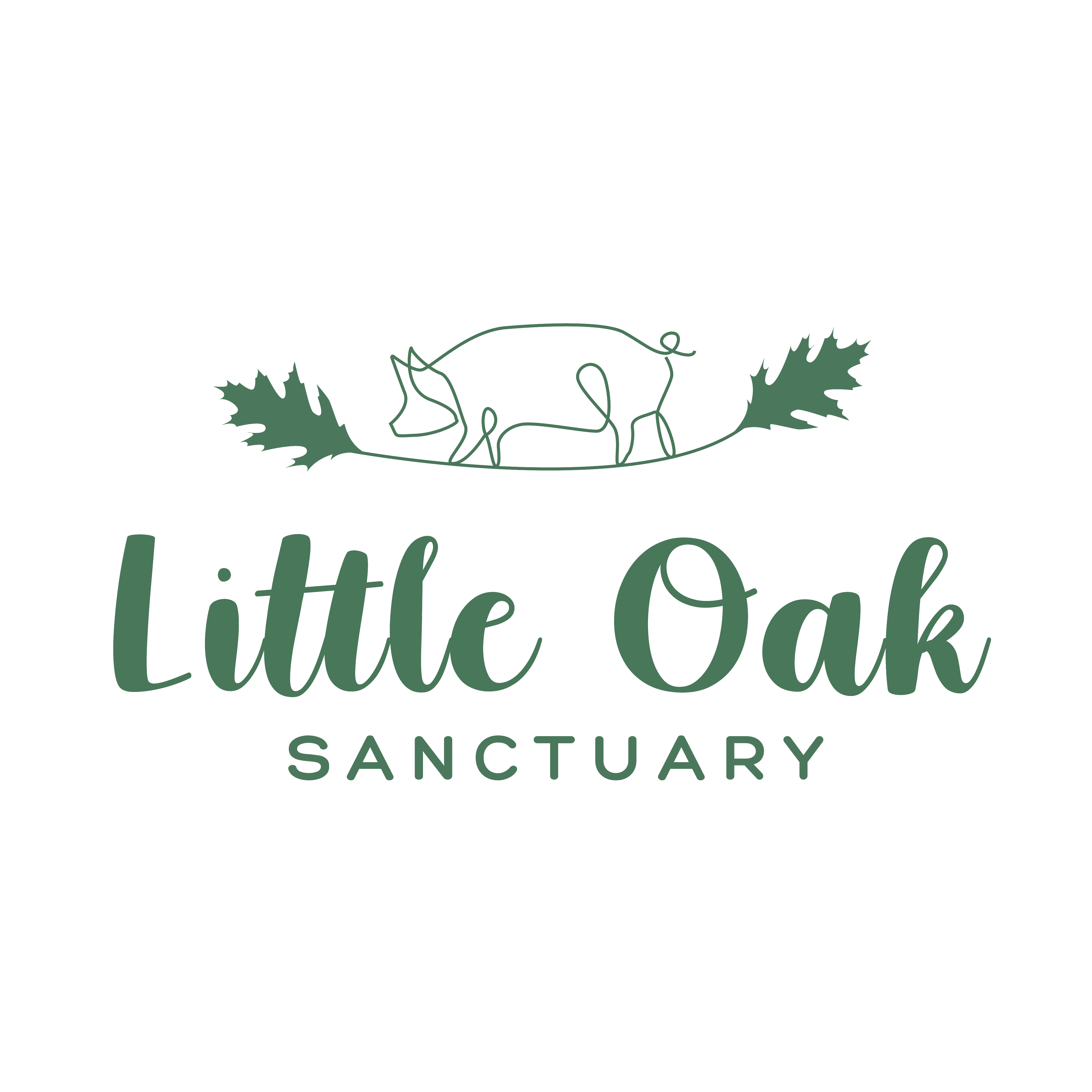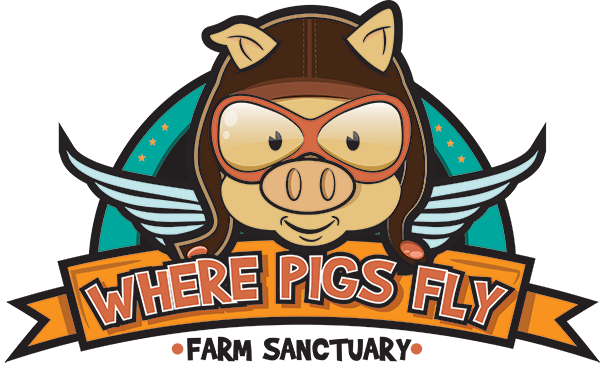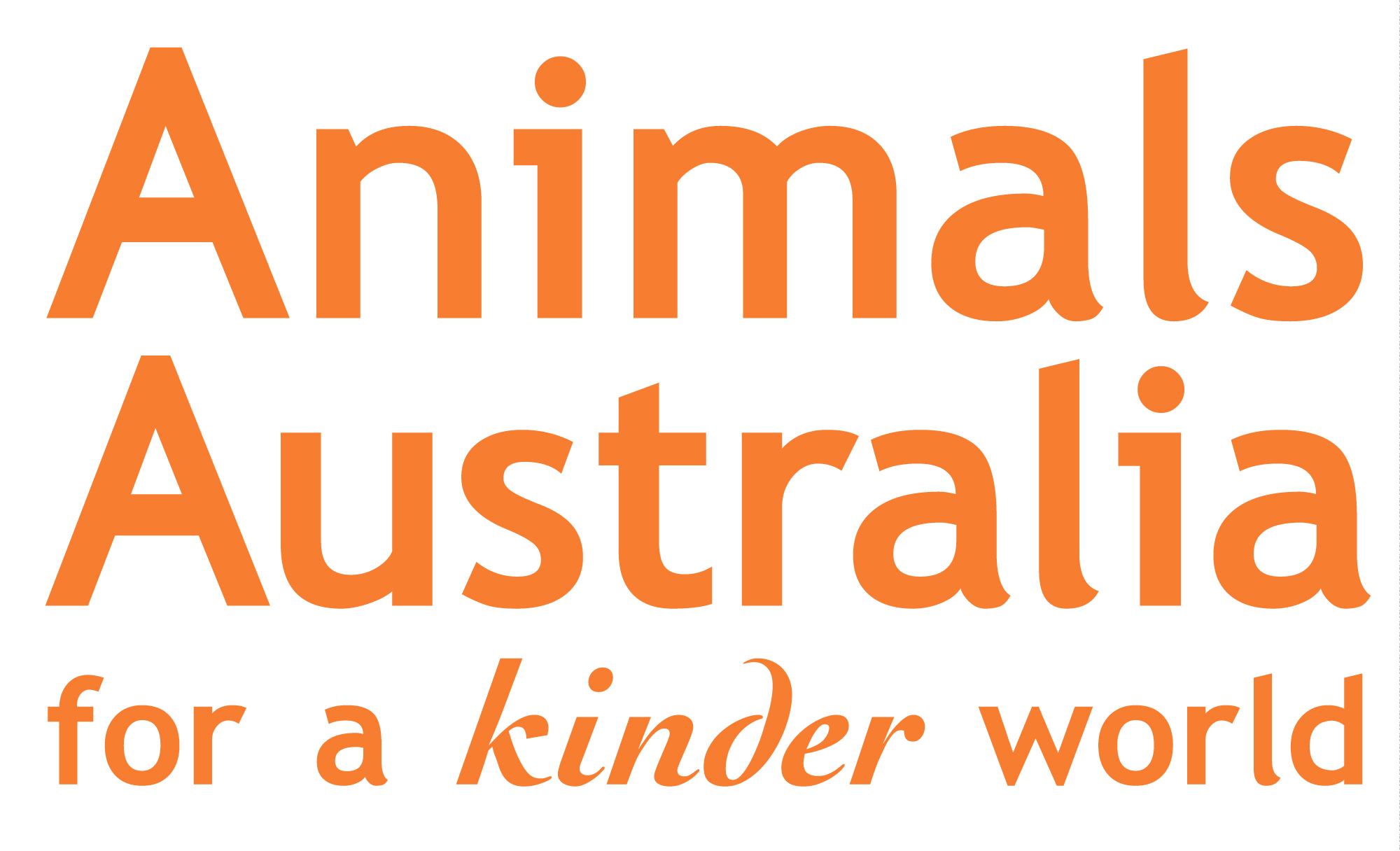For my latest articles and special offers, subscribe to Jess Ang's Intuitive Updates here.
Using Your Unique Strengths for Vegan Advocacy
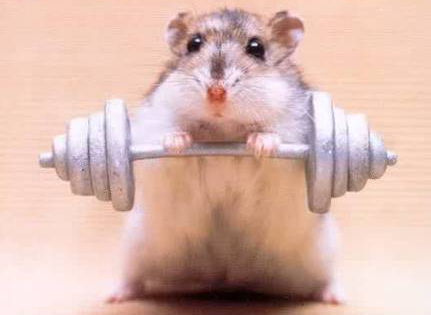
April 2016
If it weren't for a couple of very outspoken vegetarians who I crossed paths with in my teenage years, I'm not sure that I would have ever questioned my habit of eating meat on a regular basis back in the 1990s. My decision to explore a plant-based diet was also influenced by a lady I met at an aikido class, who patiently answered several questions I had after finding out she was vegan
Although I understood how eye-opening and helpful it was to hear the reasons why various people gave up eating animal products, I admit that I've had a tendency to struggle to find the right words myself when asked to explain why I'm vegan. I've felt a mixture of things when hearing others speak honestly and shamelessly about veganism, including admiration, curiosity and even slight horror when such conversations turned into conflict and arguments! I've wondered how these people were able to articulate their opinions so well and to stay calm even when their lifestyle or views were being verbally attacked.
There have been several occasions when I've felt bad for staying quiet when I could have spoken up, like when hearing things such as, “Well you know fish don't feel pain, right?” or “I imagine dairy cows quite enjoy being milked”. Even when I've made an effort to remember certain facts or statistics so that I could share relevant knowledge when needed, my mind would often go blank whenever an opportunity came up to talk about what I'd learnt.
Accepting What You're Not-So-Good At
Despite being able to speak more openly about veganism over time, I've come to accept that this is definitely not one of my strengths. I've also noticed that when friends or family members either adopted a vegan diet or cut down on meat, it was certainly never due to a lengthy conversation or debate we'd had on the subject. More often than not it was due to a book, website, or DVD that had been shared.
Accepting what you're not-so-good at can allow you to save time and energy that might otherwise be wasted. For example, being a fantastic cook and creating yummy dishes is an effective way to show that vegan food can be delicious. But what if you've tried in vain to master this skill in the past, and you still either don't enjoy cooking or find it to be a constant challenge to prepare edible meals even when following recipes that the average person might consider simple? If you accept that cooking is not your forte, you might consider buying some store-bought treats to share at social events instead, or asking a friend who's great in the kitchen to assist you. It may not be as impressive as if you had prepared the food yourself, but it can save time and take the stress off while still achieving the goal of sharing tasty vegan food.
The more you shift your focus away from your weaknesses, the more you can concentrate on using and building on your strengths.
Knowing Your Strengths
A couple of years ago I read a book by Marcus Buckingham and Donald O. Clifton titled 'Now, Discover Your Strengths'. It got me thinking about the importance of focusing on our strengths as much as – if not more than – our weaknesses, because:
'… to avoid your strengths and to focus on your weaknesses isn't a sign of diligent humility. It is almost irresponsible. By contrast the most responsible, the most challenging, and, in the sense of being true to yourself, the most honorable thing to do is face up to the strength potential inherent in your talents and then find ways to realize it.' (page 126).
The authors explain that the most successful people in all sorts of occupations and walks of life tend to make use of their strengths every day, and to manage around their weaknesses rather than focus all their energy on them.
Funnily enough, many people are unaware of what their strengths actually are because they seem so natural, which can lead to the assumption that everyone can easily do those things as well.
If you're not sure what your strengths are, you can ask yourself some questions such as:
– “What activities or tasks are almost effortless for me?”
– “What can I spend hours doing and not feel bored or tired afterwards?”
– “What are some skills that I was able to learn very quickly, or to excel at without that much practice?”
All Strengths Are Good
When it comes to strengths, there's no such thing as right or wrong. For example, the strength of discipline is not superior to the strength of empathy, nor is the drive to achieve better or worse than the strengths of analytical ability, focus or connectedness. No matter what your strengths are, they can come in handy in any area of life, and vegan advocacy is no exception.
Looking back, I realise that it wasn't just the outspoken vegetarians who led me to explore a vegetarian lifestyle. Those conversations may have planted the seed, but it was also through reading books about healthy diets, non-violence, and vegetarianism that I felt motivated to give up meat. The authors of those books may or may not have been outspoken in their everyday life, but their strengths in other ways were clear in terms of written communication, ability to summarise research, or creative expression of their ideas.
Later on while completing a 30 day vegan challenge organised by Animal Liberation Victoria, I got to read about other people who were vegan, all with different personalities, strengths, and their own unique way of inspiring people to go vegan.
What Are You Awesome At?
What are your strengths, and how can you use them to be a role-model for other aspiring vegans?
Maybe your biggest strength is literally strength – i.e. being physically strong and fit. How you move and your body itself can be an amazing promotion for a vegan lifestyle.
If you know that you're emotionally resilient and your strength is remaining calm in tough situations, maybe you're well-suited to rescue work or undercover investigations.
If people often comment on your warmth, compassion and ability to make others feel comfortable around you, you may be drawn to supporting others and listening to their concerns about animal cruelty or the potential challenges of going vegan.
If you find it really rewarding to help people achieve their potential, you could make a wonderful coach or vegan mentor.
If you're a fun-loving person, you may be able to positively influence people through your laughter and cheerfulness – others will want to be more like you!
If you're passionate about fashion, beauty and make-up, you may have people admiring the way you look and wanting to know more about the vegan clothing and cruelty-free cosmetics you wear.
If you just love being around animals, don't mind hard work outdoors, and have enough persistence, determination, and motivation, you could be one of the best people out there to run an animal sanctuary.
If you're a bookworm, you might like to explore the available literature on veganism, to let others know what you've read about, and to even write about certain issues yourself if you are a talented writer as well.
If you enjoy film*, whether by simply watching or actually being involved in the production of it, then it's good to remember how effective film (and documentaries in particular) can be to inspire others to try a vegan lifestyle. In fact, many strengths come into play when making a film – not only the camera skills and talents required for animation or visual effects, but also sound recording, acting if there are actors involved, musical ability, and the knowledge of experts who may be interviewed.
And if you do happen to be a naturally outspoken vegan advocate who thrives when engaged in conversations, debates or public speaking – don't take that for granted! The clear and open way that you verbally express yourself is by no means easy for everyone else.
Be Your Extraordinary Self
The point is that you don't need to change your personality or to feel bad about anything that you're not naturally good at. Know your strengths and make use of those talents that you already have.
As written in Now, Discover Your Strengths (page 130):
'The old maxim says that you can't see the picture when you are inside the frame. Well, you spend your whole life inside the frame of your strengths, so perhaps it is little wonder that after a while you become blind to them … your instinctive reactions to the world around you – those things that “you can't help but...” - are not mundane, commonplace, obvious. On the contrary, your instinctive reactions are unique. They make you different from everyone else. They make you extraordinary.'
Using your strengths will not only allow you to be a more effective vegan advocate if that's what you want, but also to make any area of your life easier and to be true to your 'extraordinary' self.
-------------------------
* You can access great films on veganism through streaming or purchasing them online or on Netflix / Quickflix. If you're interested, there's a list of recommended films on the Vegan Education Association (VEA) website: http://www.veasydney.org/recommended-films/
Other Vegan Blog Posts
Coping with Animal-Cruelty-Related Trauma as a Vegan
How to Say “No” When Offered Non-Vegan Food
The Potential to Lapse as a Vegan and What You Can Do About It
How to Stay Positive While Surrounded with So Much Cruelty
I’m a Vegan – Does that Make Me Extreme?
Click here to receive new articles by email
